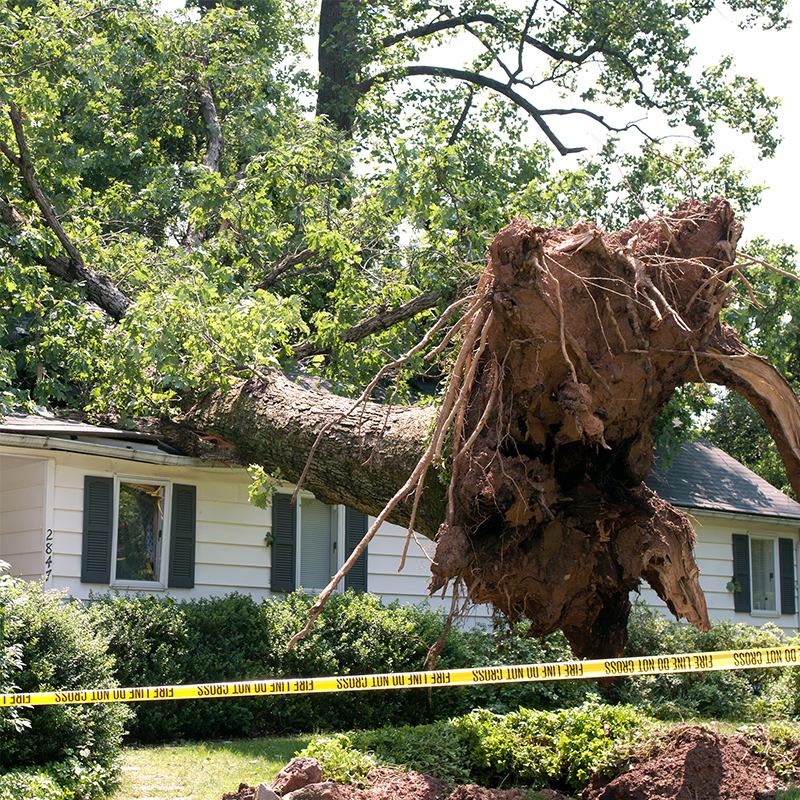
Concerned about monthly rent increases and renting instability? Ready to buy a home of your own—a safe place to settle down? As you research the possibility of buying a home, you may learn about mortgage programs that require less than a 20% down payment. There are a few important aspects that characterize less than 20% down loan programs.
Federal Housing Authority (FHA) and conventional mortgage loans offer lower down payment requirements as low as 3.5% to 5%, making it possible to qualify for a home purchase sooner rather than later. But while a low down payment option can make your home dreams a reality faster, the downside is that lenders require mortgage insurance when buying a property with less than 20% down.
While mortgage insurance is an added expense, in the grand scheme of things, the rewards of ownership far outweigh the mortgage insurance expense.
Here are four important mortgage insurance facts to help you make mortgage loan decisions.
Mortgage Insurance Does Not Protect You
When you hear the word “insurance,” you probably think of a policy that protects you. This is generally how insurance works. But in the case of mortgage insurance, the protection is not for you. It is for your lender in case you default on the mortgage— although you are responsible for paying the monthly premiums.
If you are a first-time homebuyer, do not confuse mortgage insurance with mortgage life insurance. Mortgage life insurance is optional insurance some mortgage lenders may offer. With this type of insurance, if you lose your job or are not able to work due to an illness, the policy may pay your mortgage for a pre-determined number of months. Additionally, mortgage life insurance may pay off your mortgage balance in the event of your death.
Mortgage Insurance Varies by Mortgage Loan
As you compare mortgage loans, it is important to understand how mortgage insurance varies among different programs so you can make an informed decision when selecting the best type of loan for you. Private mortgage insurance (PMI) with a conventional loan is straightforward —you pay premiums each month with your mortgage loan payment.
As with conventional mortgage loans, private mortgage insurance premiums associated with FHA loans, are also paid with the monthly mortgage payment. In addition to mortgage insurance, FHA loans also charge an upfront mortgage insurance premium (MIP) of 1.75% of your loan balance. The good news is that your lender typically includes this upfront premium into your total loan amount, so you do not have to bring additional funds to the closing.
Veterans Administrations (VA) loans do not require mortgage insurance. Similarly, the United States Department of Agriculture (USDA) loans do not charge mortgage insurance premiums. But if you qualify for a USDA mortgage program, you will pay the upfront guarantee fee, which your mortgage lender will add to your total loan amount.
You Can Get Rid of Conventional Mortgage Insurance
A major drawback of mortgage insurance is that premiums increase your mortgage payment. However, if you have a conventional loan, you can request that your mortgage lender cancel the PMI, once the principal balance of your mortgage is less than 80 percent of the original value of your home. And with extra cash in your budget, you can pay off debt, prepare for retirement or build an emergency fund.
Of course, home equity increases gradually over time, so be patient. In the meantime, you can strengthen your property’s value with well-chosen home improvements, such as kitchen and bathroom upgrades, room additions, etc. If you have disposable income, making extra principal payments helps pay down your mortgage balance faster and builds equity sooner.
FHA Mortgage Insurance Is For the Life of the Loan
An FHA mortgage loan is attractive because it only requires 3.5% down. But before you apply for an FHA loan, keep in mind that a minimum down payment means you could be stuck with mortgage insurance for the life of the loan.
FHA loans are unique in that your lender may or may not eliminate mortgage insurance in the future. It all depends on the amount of your down payment when purchasing the property. For example, if you purchase a property with an FHA home loan and make a 10% down payment, you are only required to pay mortgage insurance for the first 11 years on mortgage balances less than $625,000. On the other hand, if you obtain an FHA loan with a 5% down payment, you will pay mortgage insurance for the duration of the mortgage loan. In this case, the only way to eliminate mortgage insurance is to refinance the property once it has at least 20% equity.








